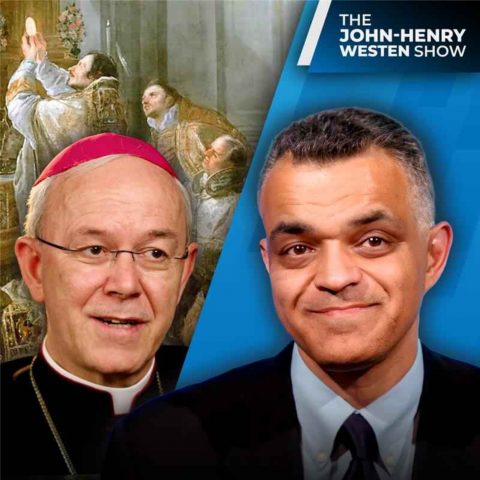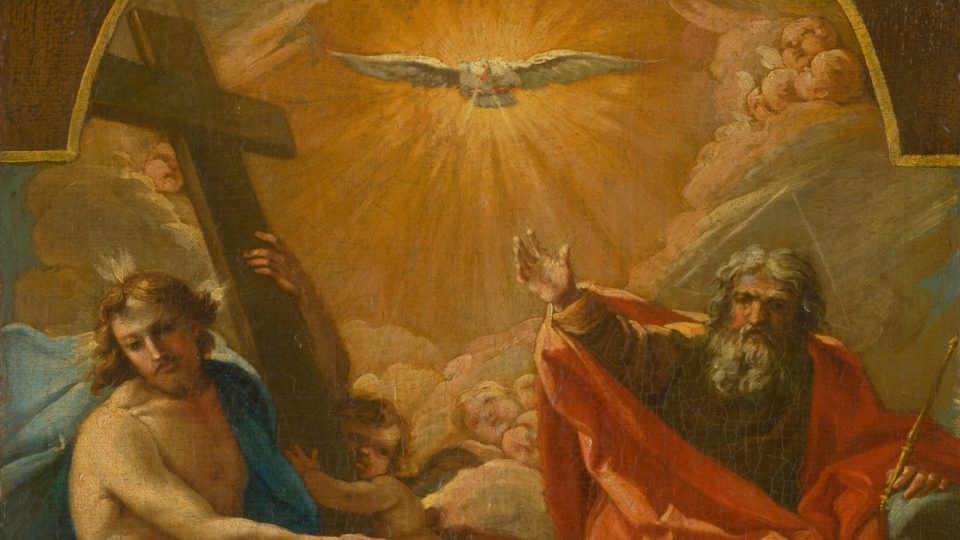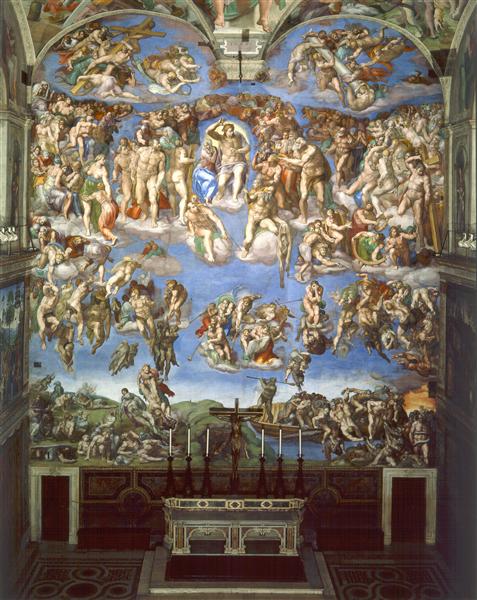By John-Henry Westen, LifeSiteNews, Nov. 9, 2023
John-Henry is the co-founder, CEO and editor-in-chief of LifeSiteNews.com. He and his wife Dianne have eight children and they live in the Ottawa Valley in Ontario, Canada.
This episode of The John-Henry Westen Show is Part 1 of my two-part conversation with Bishop Athanasius Schneider.
 (LifeSiteNews) — There is so much confusion in the Church these days. What was perennially held as true is at times dismissed or set aside, and even from the very office of the papacy we see things that can only be described as contradictory to the deposit of faith.
(LifeSiteNews) — There is so much confusion in the Church these days. What was perennially held as true is at times dismissed or set aside, and even from the very office of the papacy we see things that can only be described as contradictory to the deposit of faith.
Joining me for Part 1 of this special two-part episode of The John-Henry Westen Show is Bishop Athanasius Schneider. We discuss the Francis pontificate in depth and his new book, Credo: A Compendium of the Catholic Faith.
Bp. Schneider explains that the laity have the right to ask their pastors to be nourished with the milk of sound doctrine, using an analogy from St. Caesarius of Arles, a Church Father. According to St. Caesarius, the laity can petition the hierarchy to transmit the faith to them in the same sense as it was always understood, perhaps addressing bishops with examples of traditional catechisms, such as the Baltimore Catechism. Even so, the faithful can themselves pass on the traditional faith through modern means such as conferences and through the internet.
Schneider stresses that the Church “is not an NGO” (a non-governmental organization) nor a “political party,” and that the pope receives his power directly from God. “This is Catholic doctrine, and therefore nobody of the Church, no cardinals, no council, can declare the pope deposed because of some crimes – let us say, moral crimes or doctrinal crimes; in this case, supporting heresy,” he emphasizes. …





 (
(

